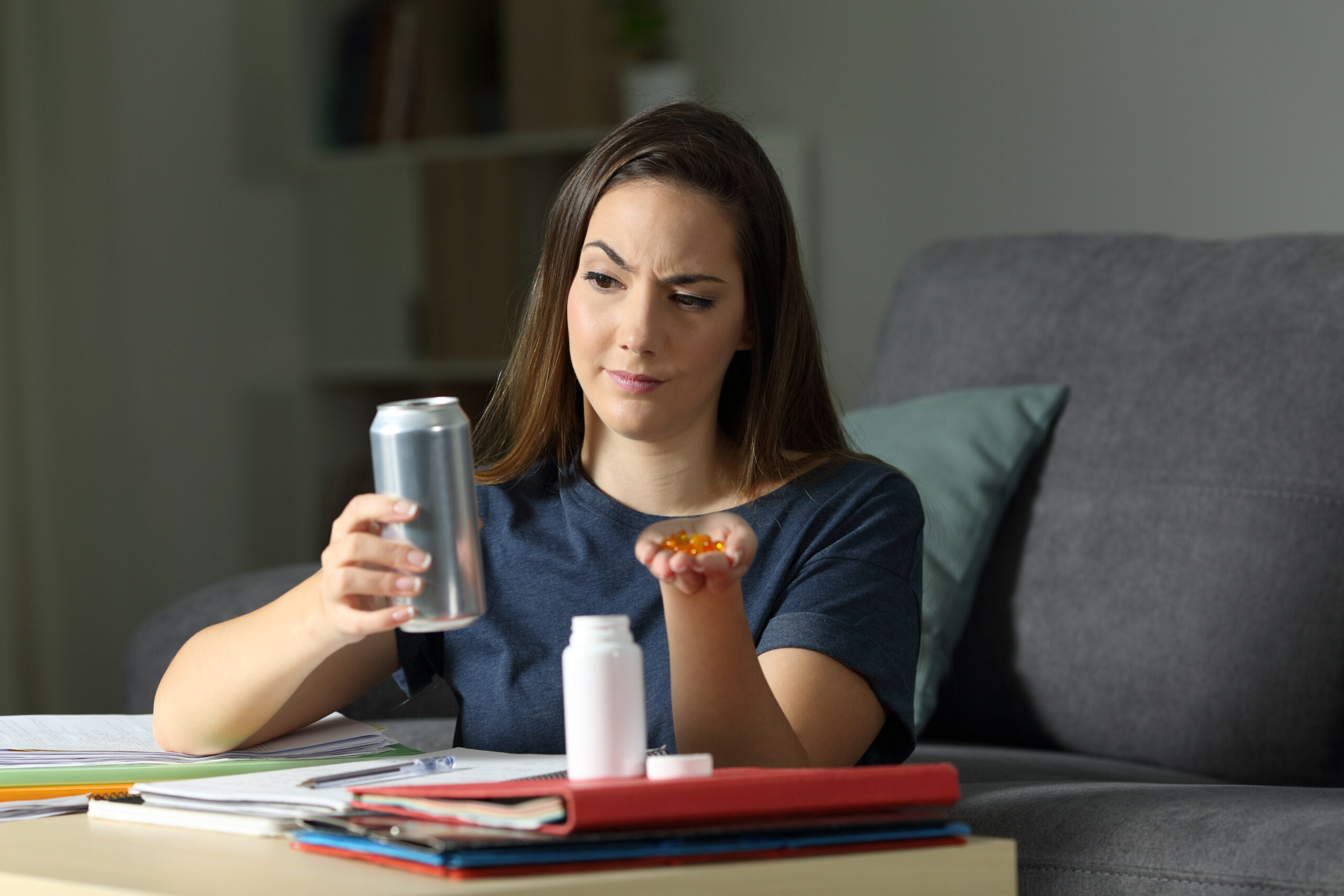
Fast, Effective, and Convenient Energy with Caffeine Pills
Caffeine is an essential part of daily life for millions of people worldwide, celebrated for its ability to boost energy, increase focus, and enhance productivity.

Caffeine is an essential part of daily life for millions of people worldwide, celebrated for its ability to boost energy, increase focus, and enhance productivity.

Caffeine is the most widely consumed psychoactive substance in the world, often found in coffee, tea, energy drinks, and even chocolate. In recent years, caffeine
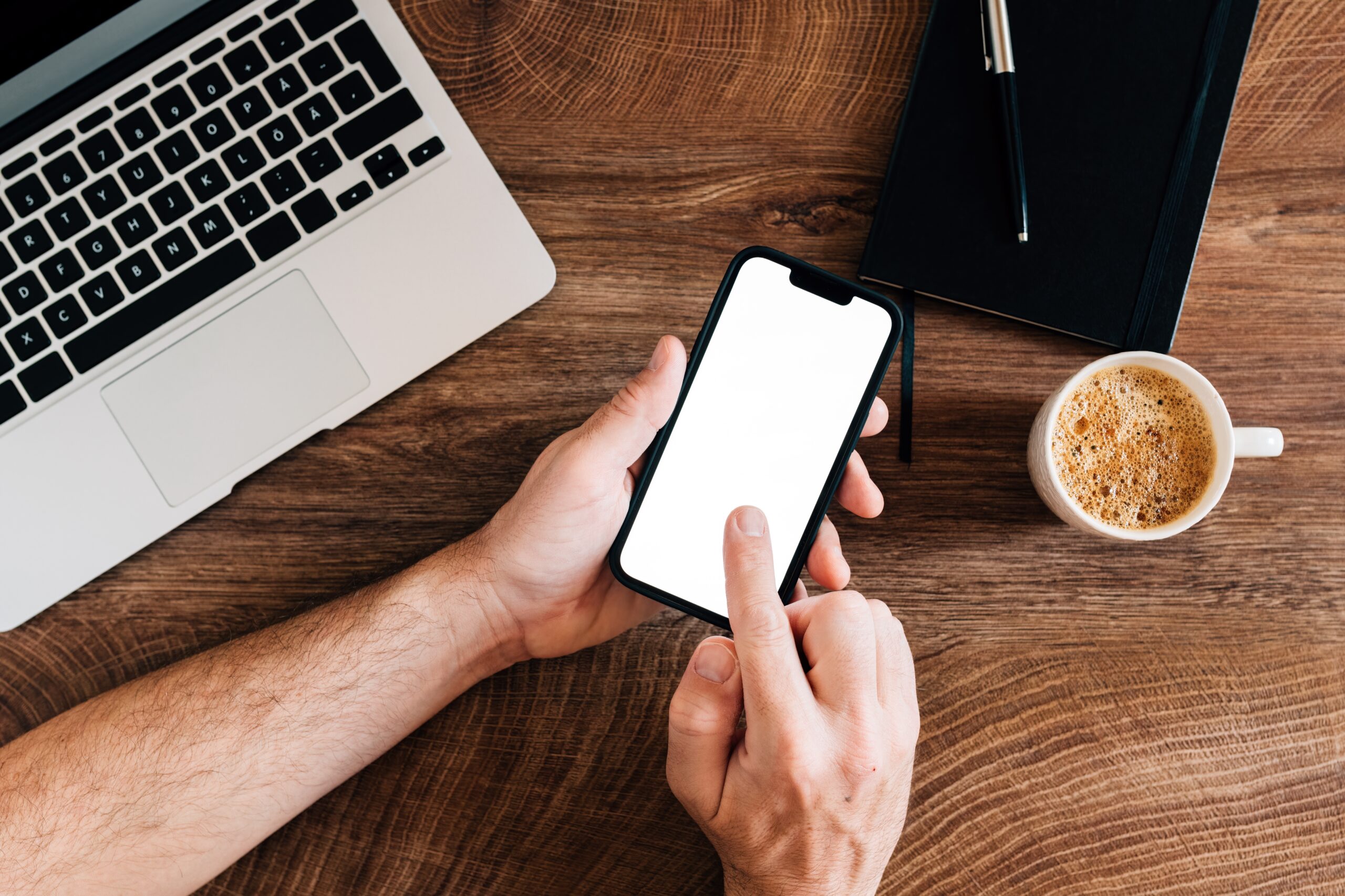
In today’s fast-paced digital world, maintaining high energy levels is essential for staying productive and focused. Caffeine, a natural stimulant found in coffee, tea, various
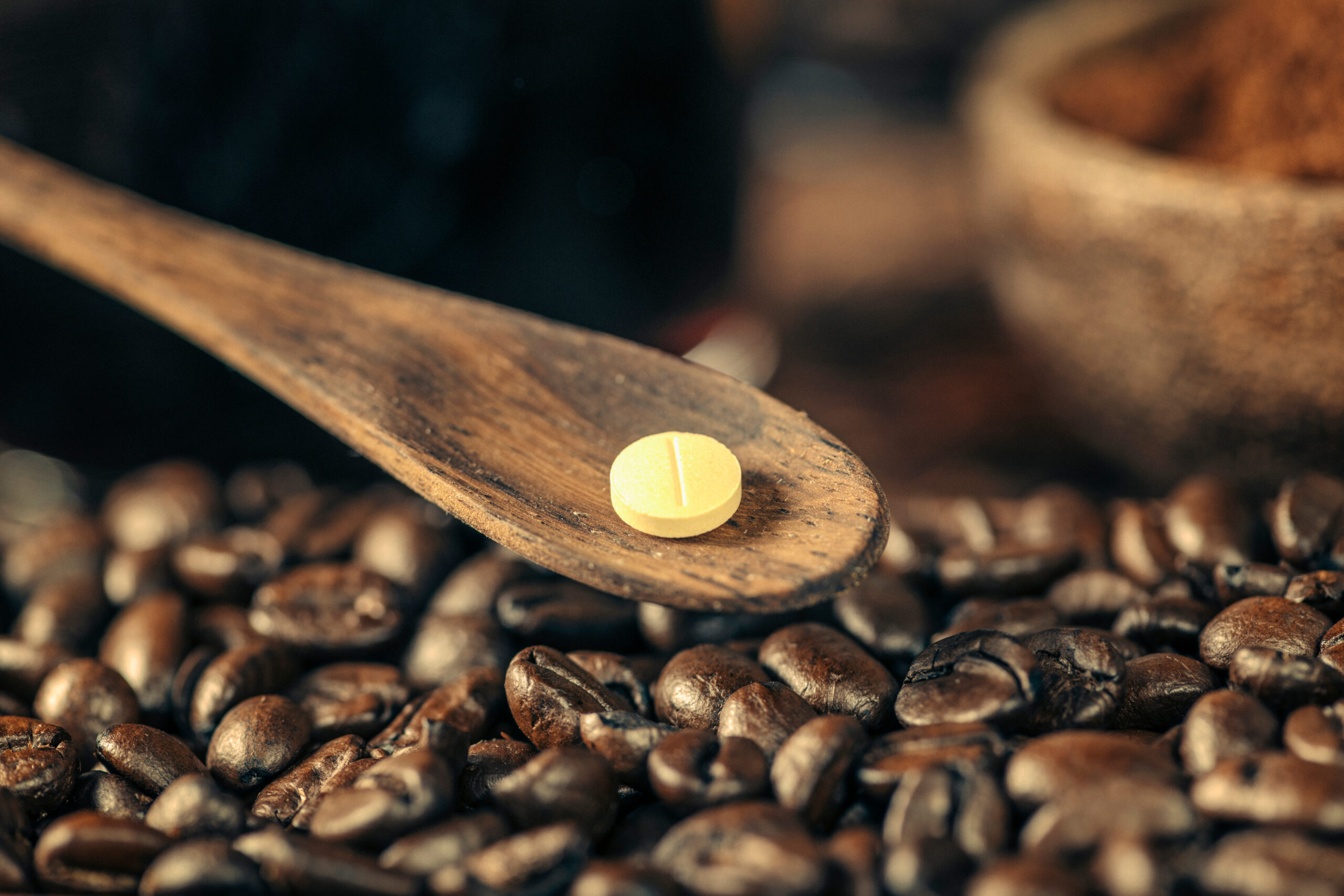
In today’s fast-paced world, maintaining a high level of energy throughout the day is a universal quest. While traditional cups of coffee have been the
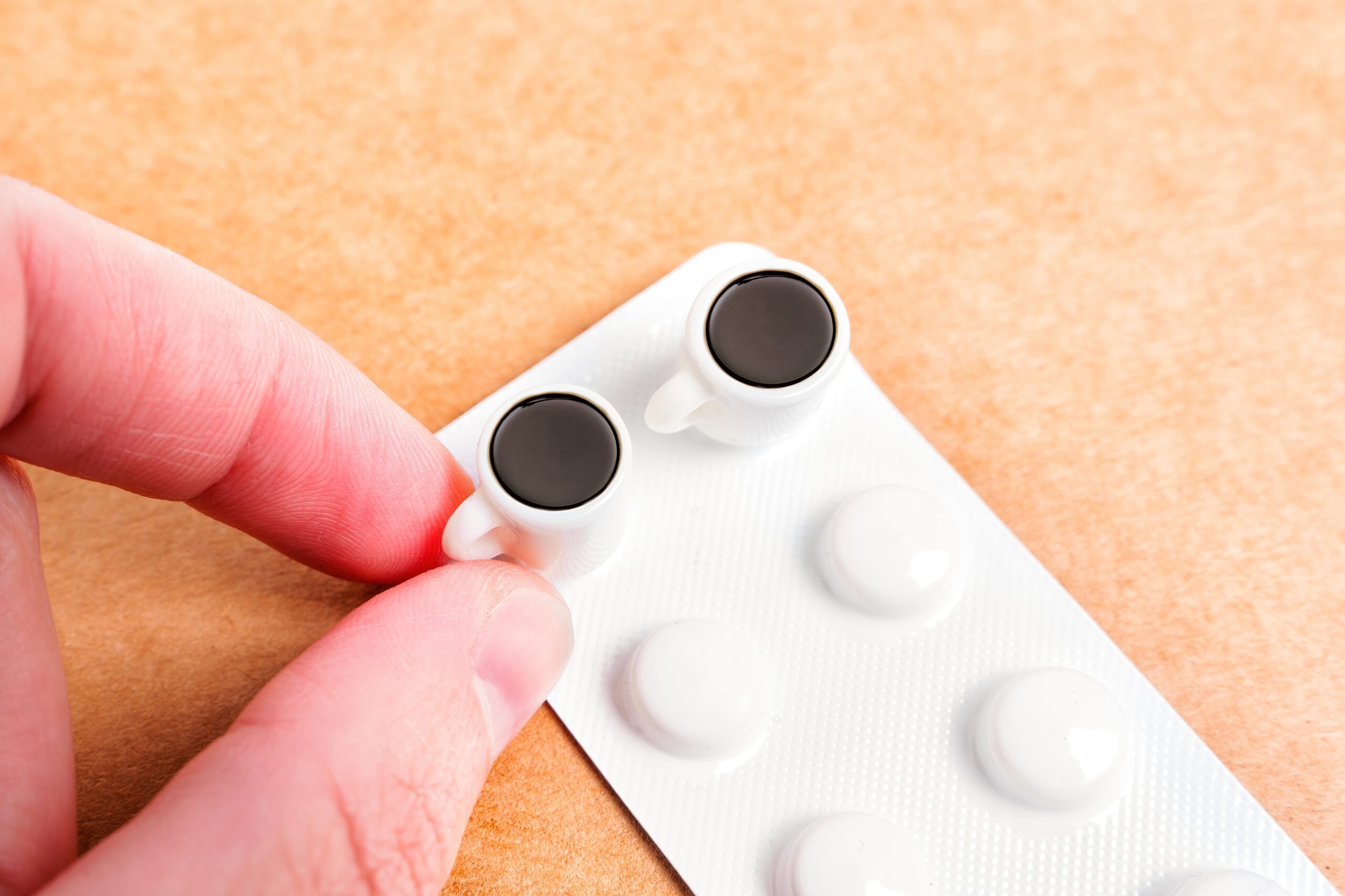
In a world where the quest for energy seems endless, caffeine pills have surged in popularity as a straightforward and efficient way to stay alert

In today’s fast-paced world, quick thinking, alertness, and enhanced cognitive abilities are more than just desirable traits they’re necessities. Caffeine pills, once associated primarily with
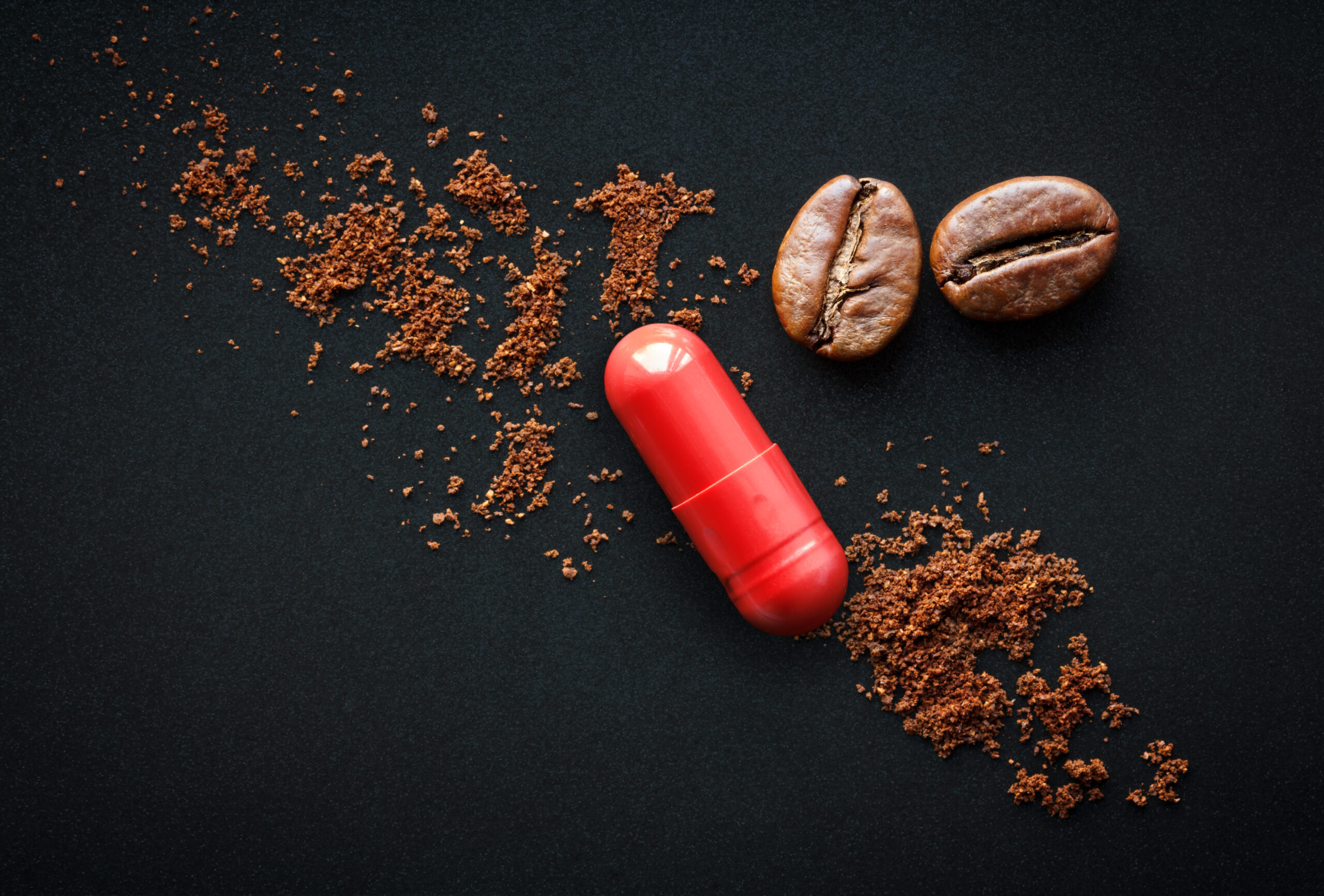
In our fast-paced, high-stress society, maintaining energy and focus throughout the day can often feel like an uphill battle. This is where caffeine pills come
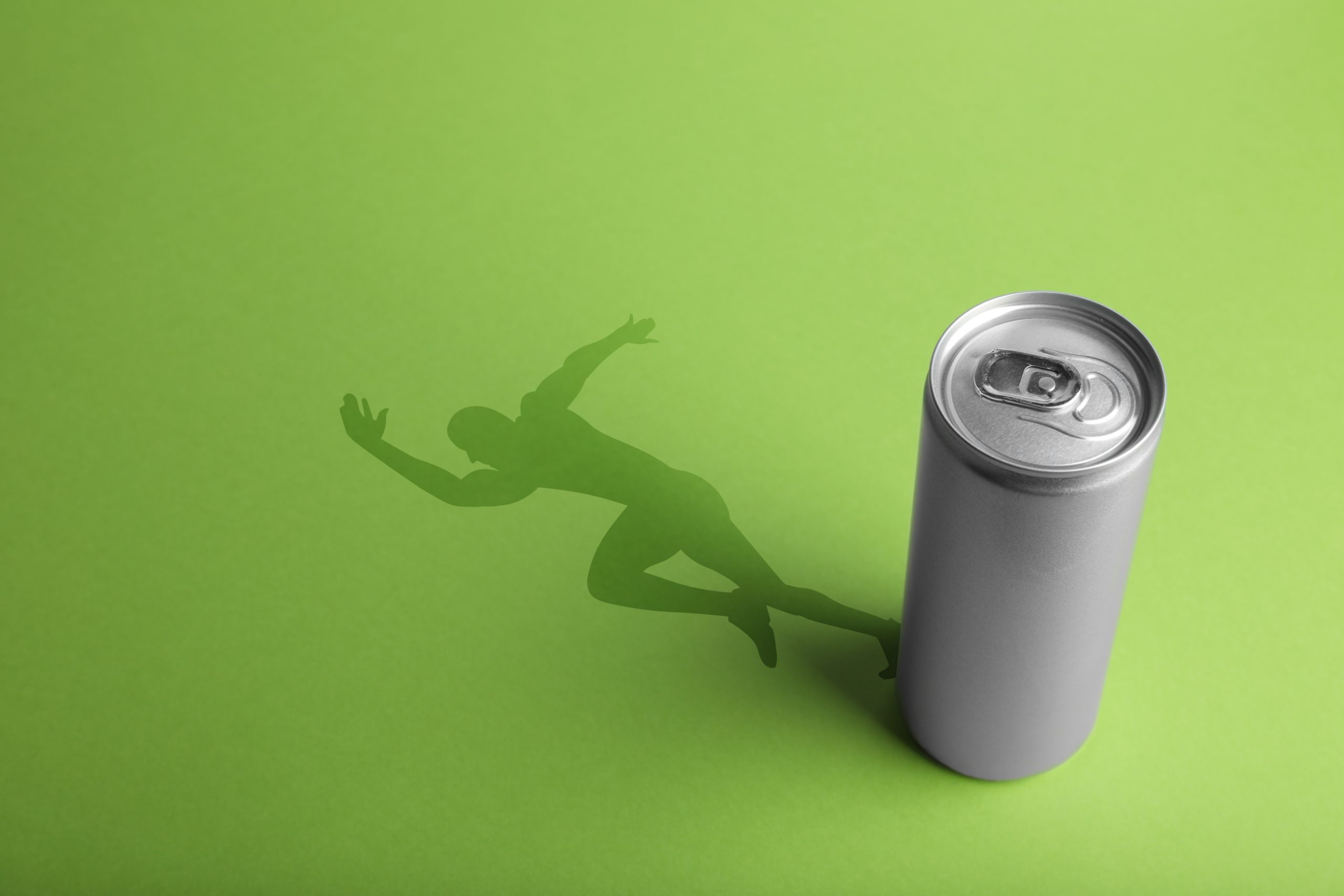
Looking for a way to improve your sports performance? Caffeine may be the answer you’re looking for. Used by athletes around the world, caffeine has

Are you looking for a way to increase your energy levels and productivity during the day? Look no further than caffeine! Caffeine is one of
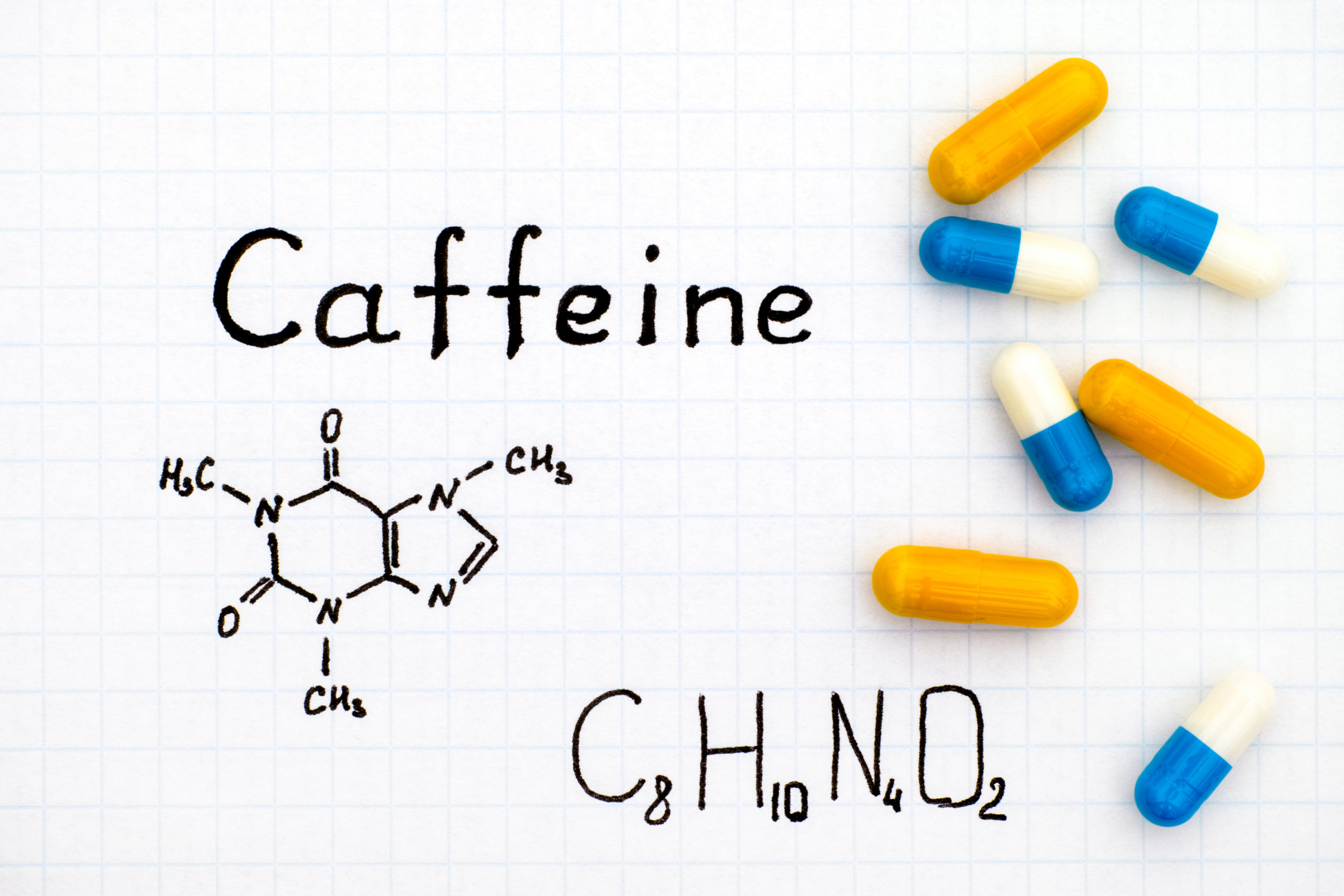
Are you struggling to get through the day with enough energy? Have you been considering taking caffeine pills for a boost of energy but don’t


